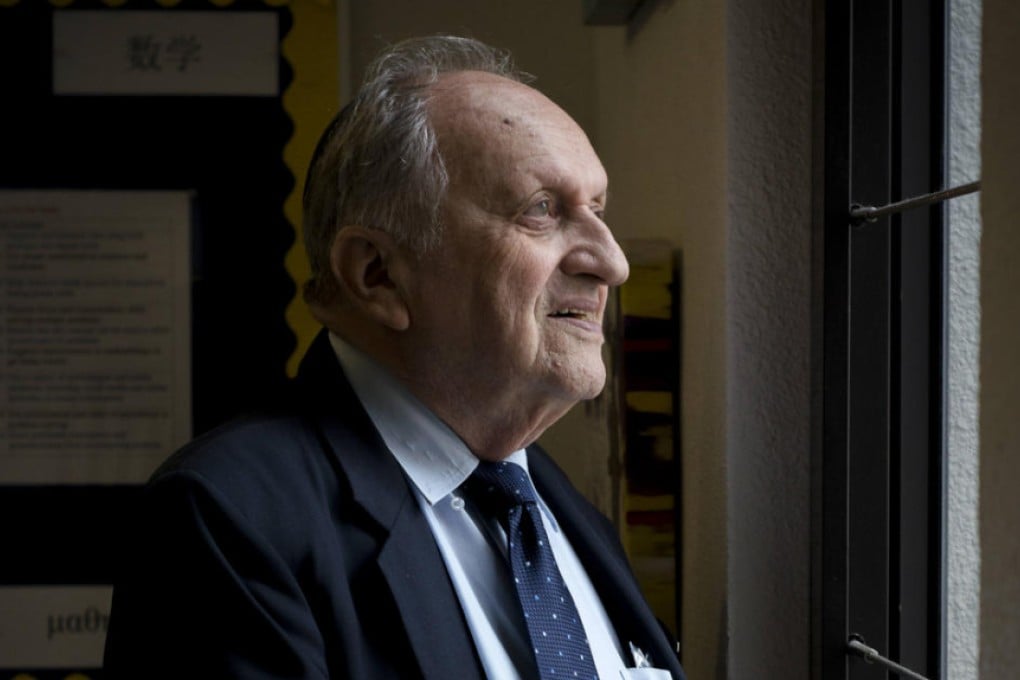Holocaust survivor Dov Landau gives first-hand account of the horrors of war
The Polish survivor impresses upon Sarah Lazarus the horrors of the Holocaust.


In 1941, a group of German soldiers arrived in Brzesko. They burned down the synagogue on the market square, right opposite our house. The Jews were extremely upset - they couldn't believe what was happening. The German leader walked around all day with a big dog, beating people. On occasions he would get annoyed with people who could not understand the orders he gave in German, and shoot them. When I was 13, I was sent to work in a camp outside the town, preparing straw for the German army's horses. Some of my friends lost hope but I tried to keep myself strong, so that I could keep living. I wanted to be a mensch (gentleman).


One day, in June 1942, the Germans went to all the Jewish homes and dragged everyone out. If a person was lying sick in bed, they shot them. I saw what was happening and ran away. So did my father. My parents had already sent my two youngest brothers to live with my grandparents in another town, thinking it would be safer. My mother and Nissan were at home and the soldiers took them. When my father and I returned home, we heard that 1,000 people had been taken away in trains. My father made inquiries and learned that they had gone to a concentration camp at Belzec. Nobody came out from there. They gassed everybody and burned the bodies.
My father and I moved to a Jewish ghetto in another town, Bochnia, and lived there until August 1943, when the Germans made the town Judenfrei (free of Jews). The Jews were gathered in the main square and the local army head made the selections - women and children to the left, men to the right. The people on the left went to Auschwitz. Me, my father and 1,500 other men went to a work camp called Szebnie. My job was to repair shoes for German soldiers. I stayed there until November 5, when they liquidated the camp and sent us to Auschwitz. Before departure, they ordered us to put our jewellery and money in wooden boxes. Anyone who kept something back would be hanged. My father had four gold coins. He asked me to keep them, in case we escaped and needed money for transport. He thought they would not search a young boy. I was very scared. I took them into work and hid a coin in the heel of each of my shoes. Later I hid the other two in my father's shoes. But, when we arrived at Auschwitz, they took all our clothes, including our shoes. We were given the uniform of blue-and-white striped pyjamas. So we lost the coins.
